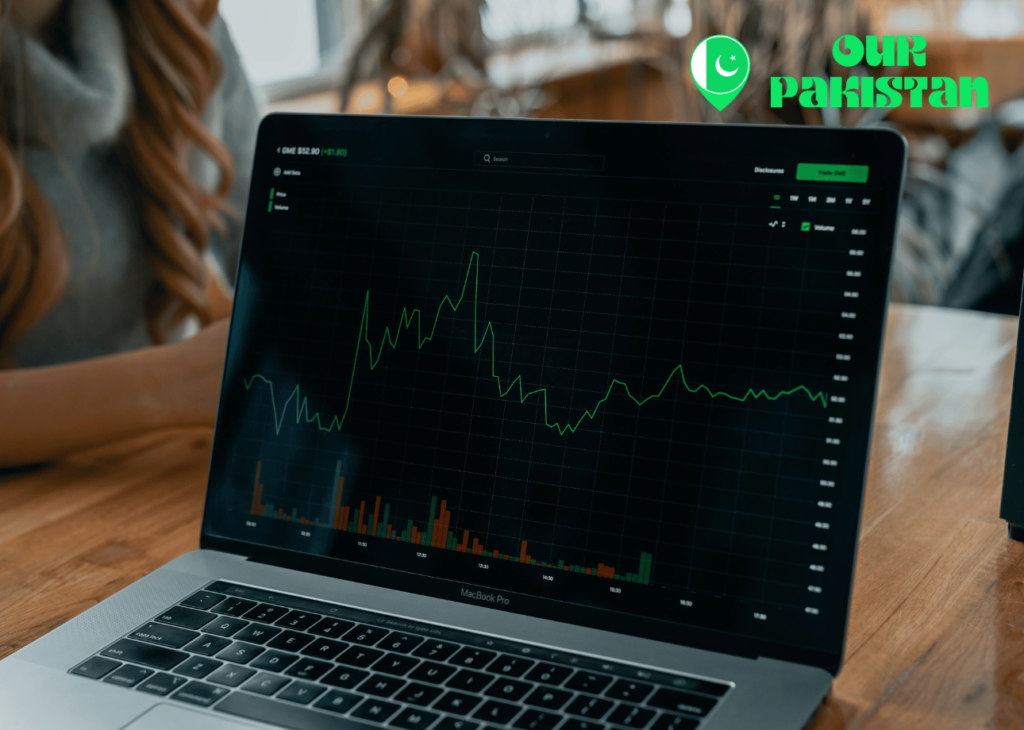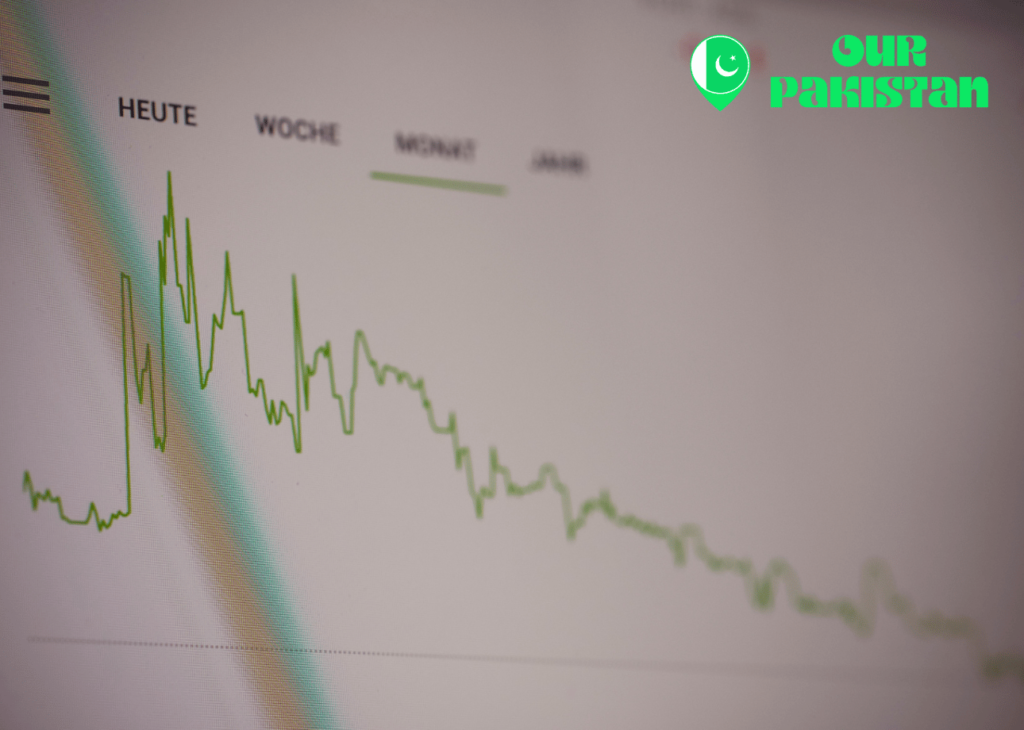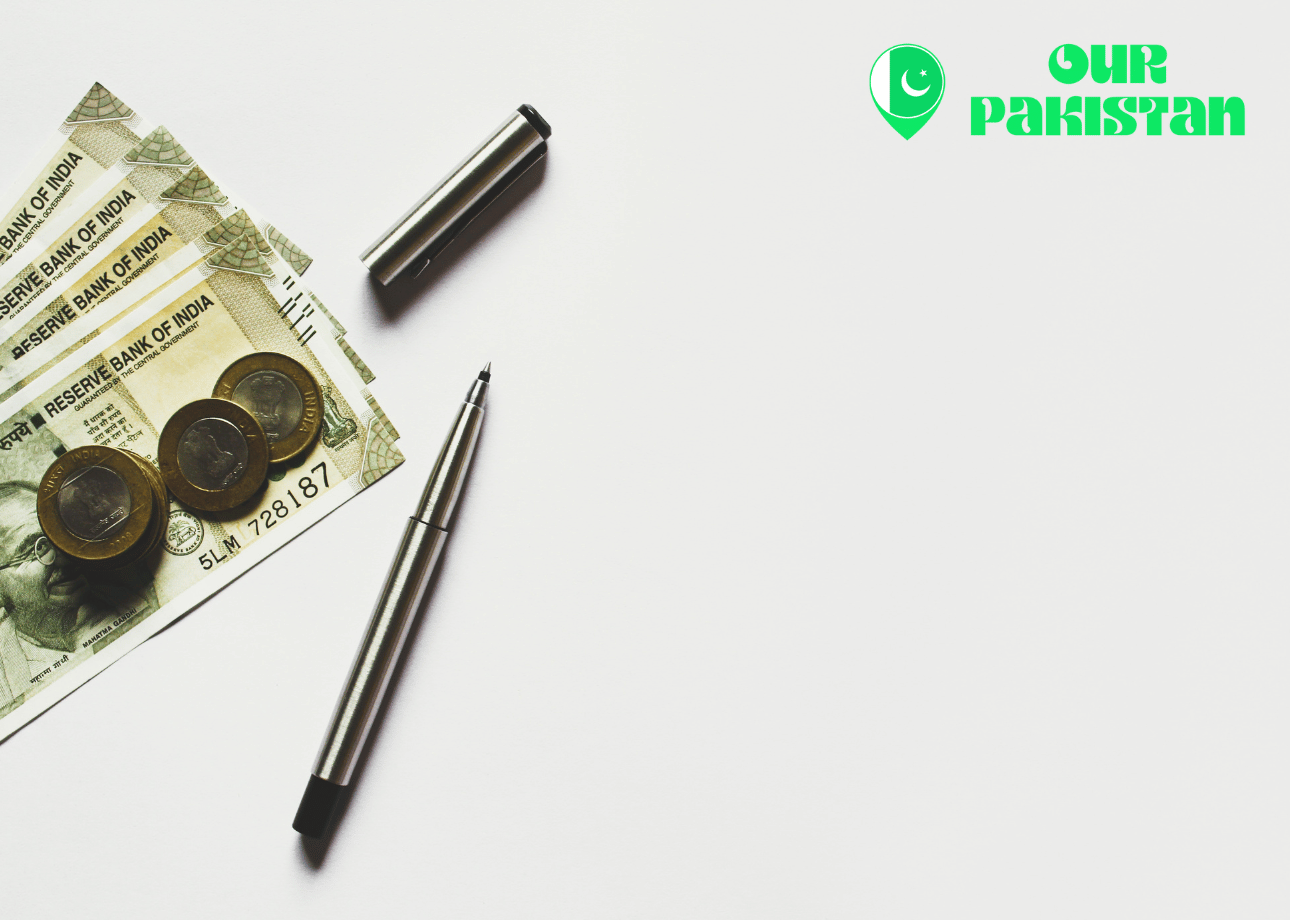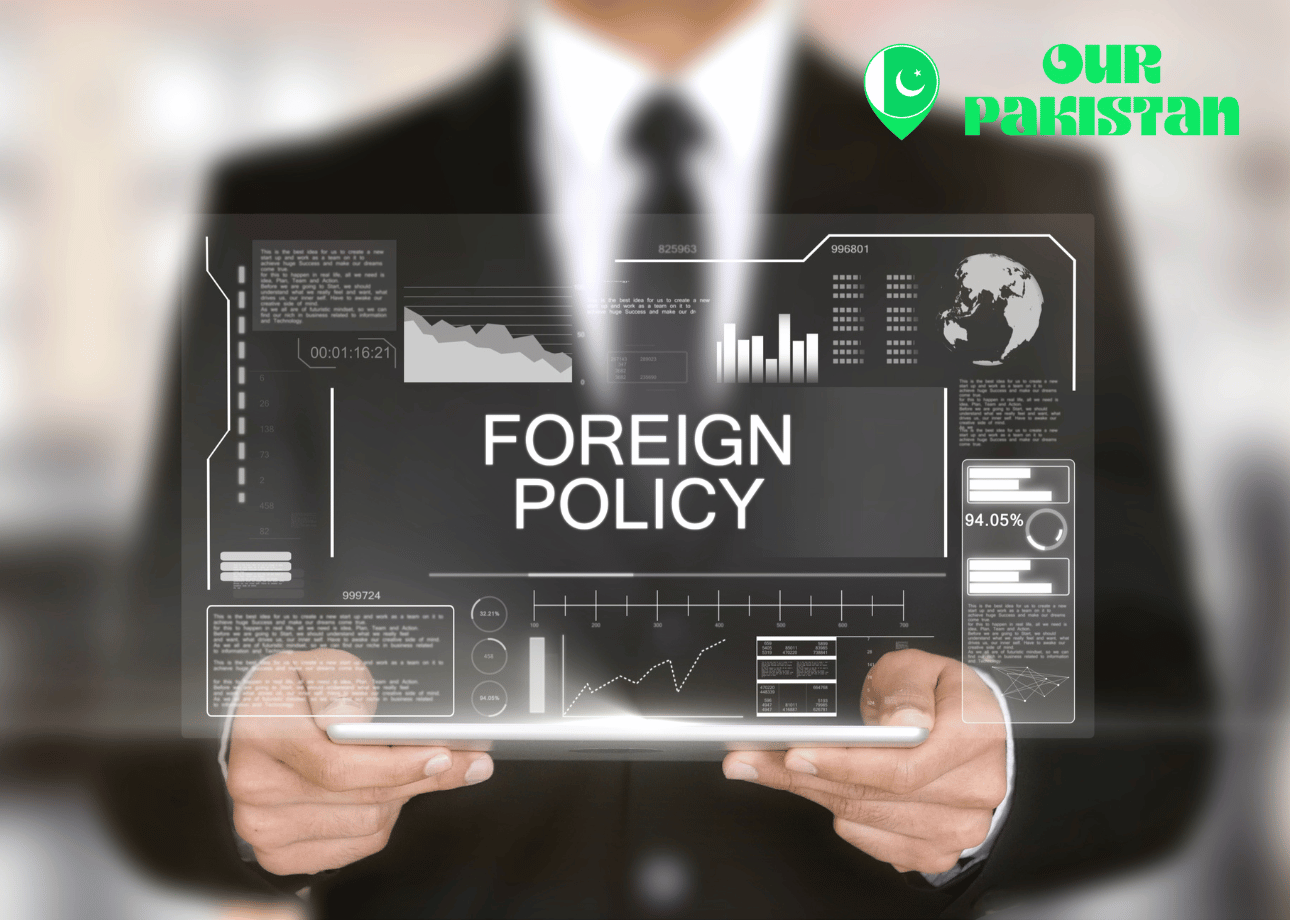Pakistan’s economic outlook holds immense importance, as understanding the current landscape is crucial for strategic planning and decision-making. In this article, we will delve into the key economic indicators, emerging opportunities, challenges, and various factors that shape Pakistan’s economic future.
Importance of analyzing Pakistan’s economic outlook
Analyzing Pakistan’s economic outlook allows stakeholders, including investors, policymakers, and businesses, to make informed decisions. It provides valuable insights into the country’s growth potential, evaluates risks, and identifies areas of improvement.
Overview of the current economic landscape
Pakistan is a vibrant economy with immense potential for growth. However, it faces certain challenges that need to be addressed. Before exploring these challenges, let us examine the recent trends and performance of the Pakistani economy.
Read More About
Education for Women
Independence Day of Pakistan
Economic Indicators
To gauge the overall health of an economy, it is essential to evaluate key indicators such as GDP, inflation rate, unemployment, and others. These indicators provide a comprehensive understanding of the economic performance and potential areas for development.
Recent trends and performance indicate that Pakistan’s GDP has shown steady growth, bolstered by various sectors. However, challenges such as high inflation rates and unemployment need to be addressed to ensure sustainable economic growth.

Economic Opportunities
Pakistan boasts several sectors with immense potential for growth. These sectors, including technology, textiles, agriculture, and more, offer valuable opportunities for both domestic and foreign investors.
Growing sectors with significant potential for growth
The technology sector in Pakistan is thriving, with a burgeoning startup culture and a talented pool of software engineers. This sector presents immense investment opportunities, especially in software development, e-commerce, and fintech.
Textiles have always been a vital industry in Pakistan, and there is still significant potential for growth. With a skilled workforce and abundant raw materials, the textile industry offers attractive investment avenues, particularly in value-added products and export-oriented manufacturing.
Agriculture, as the backbone of Pakistan’s economy, continues to offer substantial opportunities. Investment in modern farming techniques, agri-processing, and export-oriented initiatives can drive growth and increase the sector’s competitiveness.
Investment opportunities and foreign direct investment (FDI) prospects
Pakistan’s investment climate has improved, and the government has implemented several reforms to attract foreign direct investment. Incentives such as tax exemptions, simplified processes, and the establishment of special economic zones have heightened investment prospects in various sectors, including energy, infrastructure, and manufacturing.
CPEC and Regional Trade
The China-Pakistan Economic Corridor (CPEC) has become a catalyst for economic growth in Pakistan. This ambitious project, encompassing infrastructure development, energy projects, and trade corridors, has immense potential to transform the country’s economic landscape.
The impact of CPEC on the economy
CPEC has paved the way for substantial investments, particularly from China, in various sectors of Pakistan’s economy. It has enhanced transportation networks, improved energy infrastructure, and created employment opportunities. CPEC’s potential can be further harnessed by leveraging its strategic location for regional connectivity, leading to increased trade and economic integration.
Pakistan’s trade relationships with neighboring countries
Pakistan’s trade relationships with neighboring countries, such as India, Afghanistan, and Iran, play a significant role in shaping its regional economic integration. Strengthening these relationships through trade agreements and improved border infrastructure can open up new avenues for economic growth and cooperation.

Human Capital and Skill Development
Investing in human capital is vital for sustainable economic growth. Skill development initiatives and enhancing the workforce’s productivity can significantly contribute to Pakistan’s economic prosperity.
The importance of investing in human capital
Pakistan’s young and dynamic workforce can be a driving force for economic growth. By investing in education, vocational training, and skill development programs, the country can unlock the full potential of its human capital and pave the way for innovation and competitiveness.
Initiatives for skill development and enhancing productivity
Various government and private-sector initiatives are underway to address the skill gaps within the workforce. Collaborations between businesses and educational institutions are fostering vocational training programs, entrepreneurship development, and mentorship initiatives. These efforts aim to equip individuals with the necessary skills for industry demands and enhance productivity.
Infrastructure Development
Robust infrastructure development plays a significant role in stimulating economic activity. Projects aimed at improving transportation, energy, and communication systems are crucial for unleashing Pakistan’s economic potential.
The role of infrastructure in stimulating economic activity
Modern and efficient transportation networks, including highways, railways, and ports, are vital for ensuring seamless connectivity, reducing costs, and promoting regional trade. Similarly, reliable energy infrastructure and improved communication systems are essential components that drive economic growth and attract investment.
Projects aimed at improving infrastructure
Pakistan is actively investing in infrastructure development. Projects such as the construction of road networks, expansion of energy production capacity, establishment of industrial zones, and improvement of digital infrastructure are underway. These initiatives will enhance connectivity, create job opportunities, and attract investments from both domestic and international players.
Technology and Innovation
The potential of technology and innovation in boosting economic competitiveness cannot be understated. Pakistan, with its thriving tech ecosystem, is making significant strides in this realm.
The potential of technology and innovation
Embracing technology and fostering innovation promotes efficiency, improves competitiveness, and provides new avenues for economic growth. Pakistan’s tech ecosystem, supported by government initiatives and driven by startups, is witnessing rapid growth, contributing to job creation and attracting investments.
Government initiatives and startups driving the tech ecosystem
The Pakistani government has launched various initiatives to promote the tech ecosystem, including tax incentives, incubation centers, funding support, and regulatory reforms. Additionally, a growing number of startups are emerging in diverse sectors like e-commerce, fintech, health-tech, and edtech, bolstering economic progress and innovation.
Challenges and Constraints
Pakistan faces several economic challenges and constraints that need to be addressed to ensure sustainable growth and development.
Addressing economic challenges
Pakistan’s fiscal deficits and external debts pose significant challenges and impact economic stability. Implementing sound economic policies, improving tax collection mechanisms, and promoting fiscal discipline are crucial steps toward tackling these challenges.
Socioeconomic issues and income inequality
Despite economic progress, Pakistan faces socio-economic issues, including income inequality and poverty. Ensuring inclusive growth through targeted social welfare programs, improved public services, and equitable distribution of resources is essential for a sustainable and prosperous society.
Energy and Resource Management
Efficient energy utilization and resource management are critical for sustainable economic growth and reducing dependence on imports.
Strategies for efficient energy utilization
Pakistan can enhance energy efficiency by investing in renewable energy sources, promoting conservation practices, and implementing advanced technologies for energy generation and distribution. Reducing energy wastage, improving transmission systems, and diversifying the energy mix can contribute towards a more sustainable and self-sufficient energy sector.
Reducing dependence on imports and promoting renewable energy
Pakistan heavily relies on energy imports, which poses a significant burden on its economy. By promoting renewable energy sources like solar, wind, and hydroelectric power, Pakistan can reduce its dependence on imports, lower its carbon footprint, and create opportunities for clean energy industries.
Global and Regional Economic Trends
Analyzing global and regional economic trends is crucial to understand their impact on Pakistan’s economy.
Analyzing global economic trends
Global economic trends, such as fluctuations in oil prices, international trade policies, and geopolitical factors, directly influence Pakistan’s economy. Careful assessment of these trends and their anticipated impacts can help policymakers and businesses adapt and strategize accordingly.
Regional economic dynamics
Pakistan’s economy is deeply entwined with regional dynamics. Developments in neighboring countries, trade agreements, and regional economic integration efforts have a direct bearing on Pakistan’s economic landscape. Collaborations, such as the South Asian Association for Regional Cooperation (SAARC), foster economic cooperation and present opportunities for mutual growth.
Policy Reforms and Governance
Policy reforms and good governance are crucial elements in creating an investor-friendly environment and ensuring sustained economic growth.
The significance of policy reforms
Implementing policy reforms in critical areas such as taxation, business regulations, and investment climate creates a favorable environment for both domestic and foreign investors. Streamlining bureaucratic processes, enhancing ease of doing business, and providing a level playing field can attract investments and promote economic growth.
Ensuring good governance and transparency
Good governance and transparency are vital for fostering trust and confidence in the economy. Effective institutional mechanisms, anti-corruption measures, and transparent governance practices are imperative to attract investments, promote fair competition, and ensure the equitable distribution of resources.

Sustainable Development Goals (SDGs)
Aligning economic growth with sustainable development objectives is crucial for a prosperous and inclusive society.
Aligning economic growth with sustainable development
Pakistan’s progress towards achieving the United Nations’ Sustainable Development Goals (SDGs) plays a significant role in shaping its economic policies. Striving for sustainable development, including poverty eradication, gender equality, and environmental sustainability, ensures a balanced and equitable economic growth path.
Progress towards achieving the SDGs in Pakistan
Pakistan has made efforts towards achieving the SDGs, evident in initiatives aimed at poverty reduction, education improvement, healthcare advancements, and environmental conservation. Evaluating the progress made and identifying areas that require further attention is essential to foster sustainable economic development.
Future Outlook
Predicting the future of Pakistan’s economy involves analyzing current trends, policy directions, and global factors that shape the economic landscape.
Predictions and projections
While uncertainties and challenges remain, experts predict that Pakistan’s economy holds promising prospects. Continued investment in key sectors, advancements in technology and innovation, infrastructure development, and policy reforms are expected to contribute to sustainable economic growth.
Long-term strategies for sustainable economic growth
Long-term strategies should focus on inclusivity, innovation, and human capital development. By promoting entrepreneurship, strengthening education and skill development, and fostering a competitive yet fair business environment, Pakistan can achieve its economic goals and ensure a prosperous future.
Conclusion
Assessing Pakistan’s overall economic outlook reveals a landscape filled with both opportunities and challenges. Stakeholders, including policymakers, investors, and businesses, play a crucial role in driving economic progress and addressing the identified challenges. By harnessing the potential of various sectors, investing in infrastructure, prioritizing human capital development, and implementing effective policies, Pakistan can pave the way for sustained economic growth and a brighter future.



